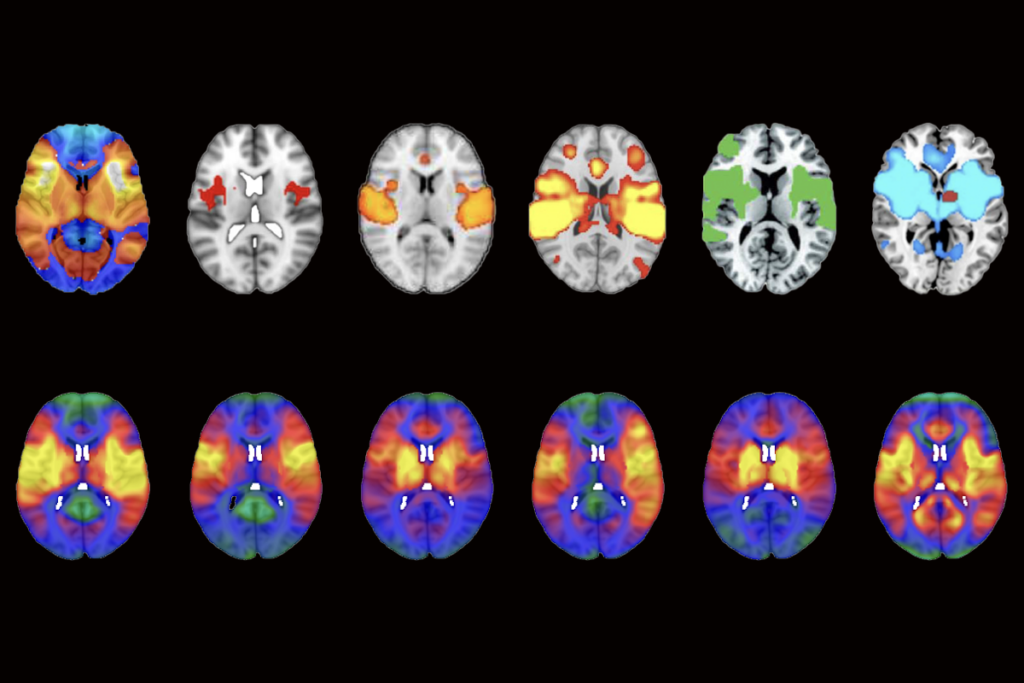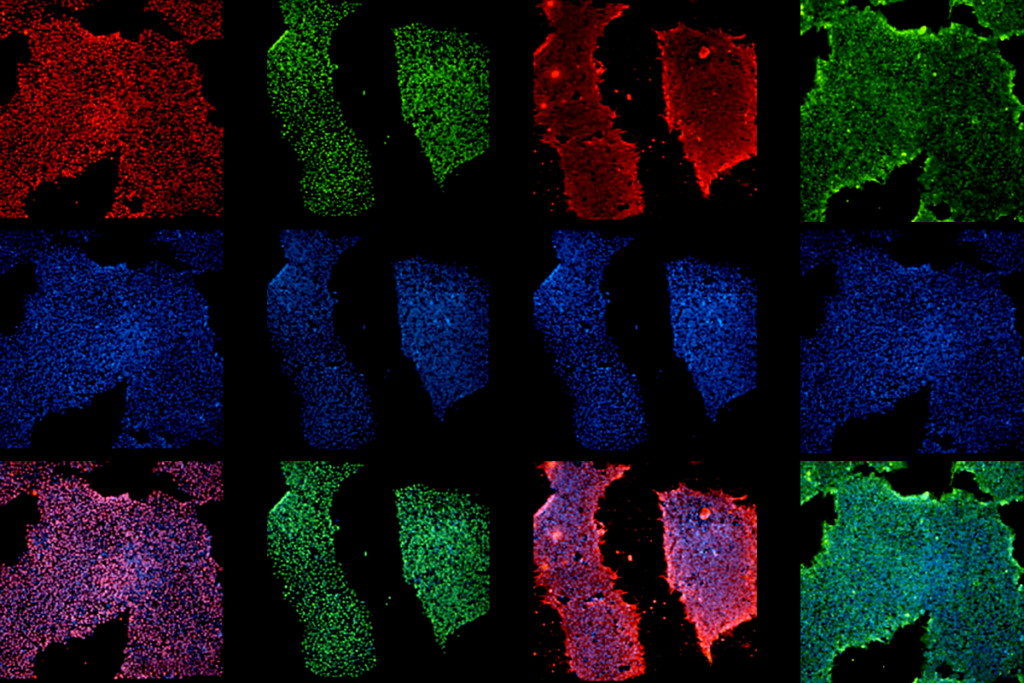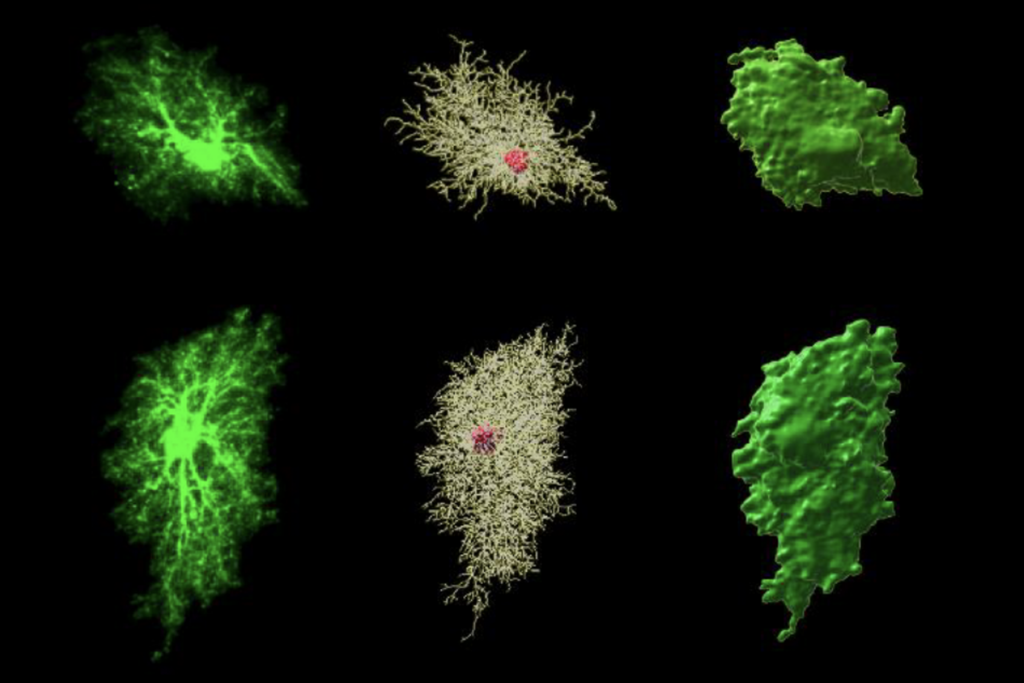Risky business; urgent care; the old college try
Some say a focus on basic neuroscience is crushing clinical research, a gene database gets a big upgrade, and Autism Speaks revises its goals.
- Public health experts are bracing for a weakening of safeguards for food and medicines during the Donald Trump presidency, STAT reported Tuesday.
Trump has criticized food safety regulations of the U.S. Food and Drug Administration (FDA) — referring to the agency as the “Food Police.” He has promised to make it easier to import drugs manufactured in other countries as well.
Health advocates also worry that Trump will expand so-called “Right to Try” laws, which make unapproved drugs available to people with terminal illnesses. Another concern: Congress might slash the FDA’s funding.
“Between a Trump presidency and a radically pro-business Congress, the next few years may see a removal of numerous consumer protections,” Michael Jacobson, cofounder and president of the Center for Science in the Public Interest, told STAT.
- The parents of a 7-year-old with autism make a personal plug for early intervention in JAMA Pediatrics.
Charles and Jennifer DiBona’s son seemed to be developing typically until shortly before his second birthday, when he stopped speaking. At that time, he also began staring out the window for hours at a time and recoiling when they tried to touch him.
The DiBonas did not want to wait the typical six months for an autism evaluation. So they called a pediatric neurologist daily, hoping for a last-minute opening. Their strategy paid off: Their son received an autism diagnosis within two months, and began receiving services by age 2 1/2.
The early treatment, the DiBonas believe, has left their son better adjusted in elementary school than his peers with autism who began treatment when they were older.
“Our son certainly requires substantial support in school, but the degree and type of support he needs is generally less extreme and costly than that needed by many of his peers who started treatment later,” they write.
- The pool of Ph.D.s in the United States is becoming increasingly diverse. But the makeup of biomedical faculty is not keeping pace on this front, according to a new study described in The Atlantic on Tuesday.
Between 1980 and 2014, the number of Ph.D.s granted to individuals from underrepresented racial and ethnic groups increased more than ninefold. But this period saw only a 2.6-fold jump in the number of assistant professors in medical schools from these groups.
No such gap appeared for whites and Asians. Both Ph.D.s and professorships about doubled for members of these groups over the 34 years.
The findings suggest that the lack of faculty diversity isn’t due to a shortage of qualified candidates. Instead, hiring practices may be to blame.
“Saying that there are not enough applicants in the pool can no longer be an excuse,” Mónica Feliú-Mójer, vice-director of Ciencia Puerto Rico, a nonprofit for Latino scientists, told The Atlantic.
- A generation of children with autism is arriving at college. “Growing numbers” of teens with autism are “fanning out to campuses across the country,” The New York Times reported Saturday.
The trend, according to the newspaper, is a result of a spike in autism diagnoses since the 1990s along with increased access to mainstream education for children with autism.
Many of these students need extra support, and nearly 40 U.S. colleges have established programs to assist students with autism. At Western Kentucky University, for example, 45 undergraduates are enrolled in the Kelly Autism Program, which provides tutoring, instruction in organizational, social and independent living skills and advocacy services.
Andy Arnold, a 23-year-old with autism, says that Western Kentucky’s program has helped him adjust to college life. “I feel less panicky,” he told The New York Times. “I like getting to know people here at the center. We have something in common.”
- The New England Journal of Medicine (NEJM) has launched an online repository of important papers translated into Chinese.
The resource — a partnership between the NEJM Group and Jiahui Medical Research and Education in Shanghai, China — contains more than 250 articles published in NEJM and NEJM Journal Watch in the past five years. The translated articles focus primarily on cancer, cardiovascular disease and diabetes.
New articles are to be added weekly, accompanied by commentary from scholars in China.
“Our aim is to improve clinical practice and to strengthen the links between China and the international medical community,” write the authors of an editorial in Monday’s NEJM.
- Making a career move? Send your news to [email protected].
Recommended reading

Common and rare variants shape distinct genetic architecture of autism in African Americans

Profiles of neurodevelopmental conditions; and more
Explore more from The Transmitter

Methodological flaw may upend network mapping tool

